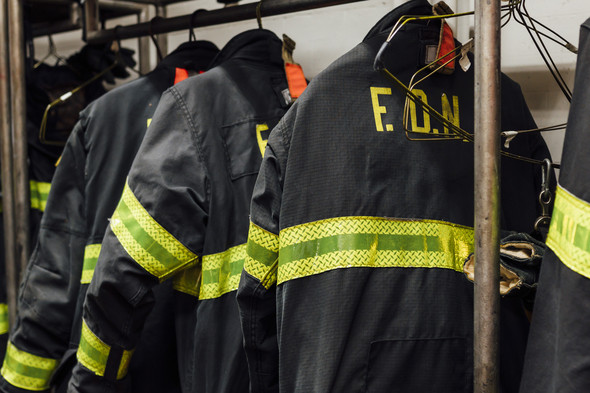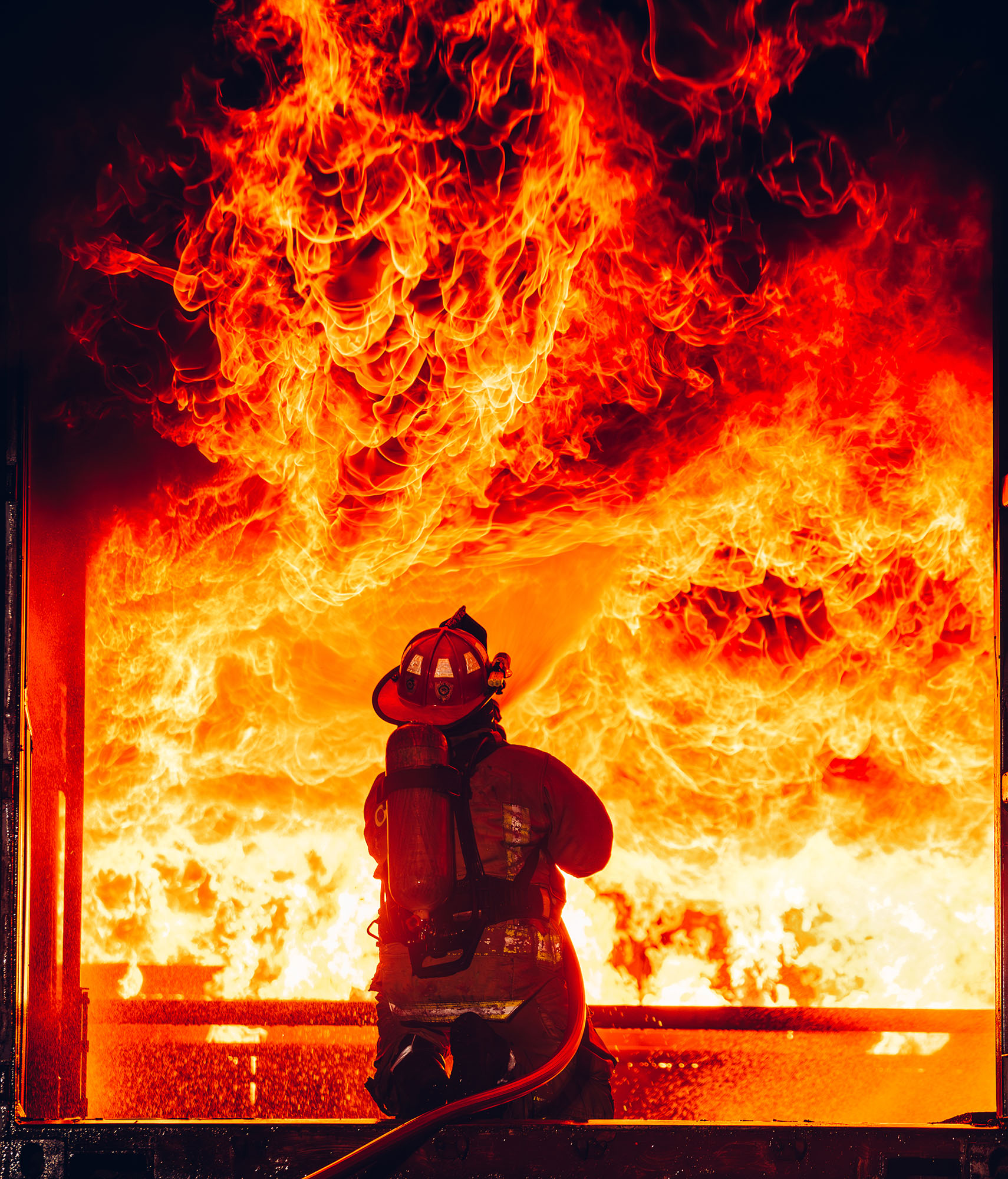When you begin your firefighter promotional exam prep work you may be met with some feelings of overwhelm, but there are many ways to help you cope. Journaling is an excellent way to release that stress so you can focus on your studies and passing your promotional exam.
Journaling Explained
Journaling is simply writing down your thoughts, feelings and so on. The goal of journaling is to get the stress and worries out of your mind and onto paper, or into a computer or phone, so you can come back to them later, or not.
Benefits of Journaling
-
Decreases Obsessive Behaviors & Anxiety
A lot of people who experience anxiety have a tendency to obsess over one thing or event constantly. Taking that anxious thought and writing it down on a piece of paper however, may reduce that obsessive behavior. Whatever the cause of the obsessive behavior, writing it down helps release it from your brain. If you feel yourself coming back to it, you can stop yourself in your tracks and say you don’t need to think about that anymore because you wrote it down and there is no need to keep that in your brain any longer. The journal’s got it for you. Think of it as the journal holding onto that anxiety for you so you don’t have to worry about it.
-
Increases Understanding of the Self & Decreases Stress
Writing things down in a journal can be a great way to help you get to know yourself better. You may be able to identify some things that are triggering you, something that is stressing you out, and acknowledge behavioral patterns, whether good or bad, you wouldn’t have even realized were taking place had you not written them down. It is a great way to get to know yourself a bit better while releasing some extra stress you may be storing with the added weight of promoting in the fire service.
-
Increase Emotional Intelligence
Another great benefit of journaling that goes hand in hand with understanding yourself more as you journal more is gaining some emotional intelligence. As you write, you will identify your emotions in various situations that you likely wouldn’t have otherwise. You will naturally become more emotionally intelligent as you do this. As you become better at identifying your own emotions through journaling you will then get better at regulating them naturally, because you will have learned what triggers them and can mentally prepare. Increased emotional intelligence is a great benefit just to yourself in everyday life but also as someone looking to be a leader in the fire service.
How to Journal
-
Pick Out a Journal
Pick out a journal and a spot you want to keep your journal. Whether it be on your phone, in your computer, or in a good old fashion paper journal. Getting a special journal and writing utensil just for the occasion may make you more likely to use it, as opposed to just using your phone's note sections. Then you want to remember that a journal can be an extremely personal thing, so you want to be sure you have it in a place where you won’t be worrying about other people finding it.
-
Be Consistent
The best way to get the full benefits of journaling is to be consistent and make it a part of your everyday routine. Maybe every morning with breakfast you write down your worries for the day, how you feel about the day, highs and lows of the day before and so on. Do it everyday around the same time and before you know it, it will be routine. Maybe even set an alarm in the beginning to remind yourself. Yes it will take up more time in your day but you only need a few minutes. A great way to begin journaling as you also begin studying for your firefighter promotional exam would be to use the first five to ten minutes of every study session as journaling time. That way you will go into studying with an open free mind.
-
Write!
The big question when journaling may be “well what do I even write?” Just let it be natural, it may start out very robotic and just describing your day. Something like, “I ate cereal for breakfast and had a meeting.” As you go try to get deeper with it. For example, “I ate cereal for breakfast but it didn't give me the energy I needed and I was super cranky for my meeting and acted slightly crass. I wish I wouldn’t have done that.” Try to write what is on your mind, what is worrying you and so on. Also it is important to include some good in it also, some things you are grateful for and looking forward to. You don’t want your journal to become a negative space or you won’t want to go back to it.
The Takeaway
Journaling can be so beneficial to your mental health as you begin the promotion process in the fire service. A journal can be a safe place to write down your fears, worries, and stressors that no one else is privy to. It is also a place where you can learn about yourself. That will help you see what changes you need to make to improve your overall mental health and well being.



